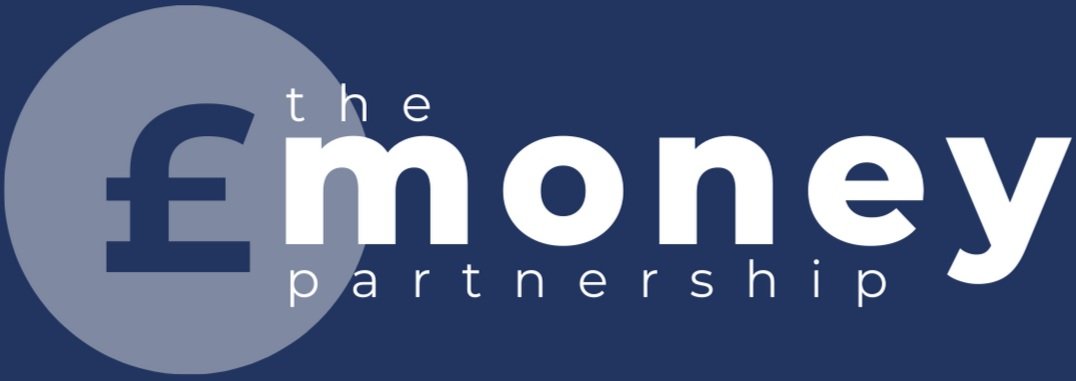How to be a financially responsible parent
It is nothing new to hear that children pick up habits from parents and siblings at a young age. But what might surprise you is that this also applies to finances. From early childhood, children start to grasp the concept of money. With parents and carers being the most important influence on children’s spending habits, you must teach them early. To make things easy, we have multiple age-appropriate fun ideas you can use to help your children be financially responsible when they are older.
Under 8s
At three and four years old, children begin to watch you more. In this stage, they will likely ask you millions of questions, whilst touching, investigating, and playing with objects they find. At this age, if they have any questions about money, answer them. A great game for children this age can be Money Hide and Seek. Simply using some spare coins (can be anything from 1p to £2), hide some money are a room in the house, and get your child to find it all. In the end, make them count it all and see how much they found.
At five to eight, children will have developed a good understanding of numbers and have a greater attention span. This is a great age to move from playing to showing money management. They understand the value of different coins, and that some money can’t be seen (money in the bank). At home, you could play a game like Shops where one of you is the shop owner. Or if you are going shopping, take them with you. Whilst shopping, when you go to put an item in the basket, ask your children which one you should get. Helping them understand why you went for the cheapest baked beans or why you got a bigger pack of grapes for a few more pence will make them see the value of money and help with their decision-making skills.
9–12-year-olds
At this age, children start to become more independent. You can now focus on getting them to take responsibility for their financial decisions. You must give children this age some independence so that they can develop good money habits into adulthood. At this age, you could start by giving the child two jars. One for spending and one for saving. You can then give them their allowance (pocket money) which they must budget for each week. You can also consider paying your child to do chores around the house. This teaches them that they must work for their money and the value that money has.
Just remember, if your child is still irresponsible with money, such as not saving enough or spending their weekly allowance in a day, you can take it off them or change the amounts to better suit the situation.
Teenagers
When a child becomes a teenager, their aspirations will grow, and will likely be more expensive. From thinking about what they wear to wanting the freedom that comes from learning to drive, this is an age when money starts to matter to them. You can help them become more financially aware by giving them more responsibility, setting the right example, and helping them manage their first wage.
When looking to improve their financial responsibility, you may look to change around their pocket money. This could change from £10 weekly to £40 monthly. It is good to give them fixed amounts per month so they can learn to budget correctly. On top of this, by giving them a chance to earn more pocket money through chores, they will be able to gain further responsibility. They can then budget this by splitting the money in 3 ways: Wants (driving lessons, a meal out), Needs (school money), and savings. They may to choose to use an app or to manage it physically, but this can be their decision.
When it comes to managing finances, many teenagers mimic their parent’s behaviour. If you save to spend on what is important, it is more likely your child will do the same whereas if you spend impulsively, they will likely copy this example instead. You can set a good example easily by asking them what they want to save for and if can they stop spending in other areas. You can also help by being honest. If you made some bad money mistakes, feel free to explain why they were bad. Your child will remember this if they are in a similar situation.
A job will increase the amount of cash available to teenagers which makes this a great opportunity to talk about the importance of saving. This can be as simple as putting away a certain amount or percentage each month. By helping them manage their first wage, you can help them decide about longer-term purchases such as a car, house, or holiday which allows them to spend their money wiser. For more information on how we can help you, email us at info@themoneypartnership.com or phone us at 01633 987070.

